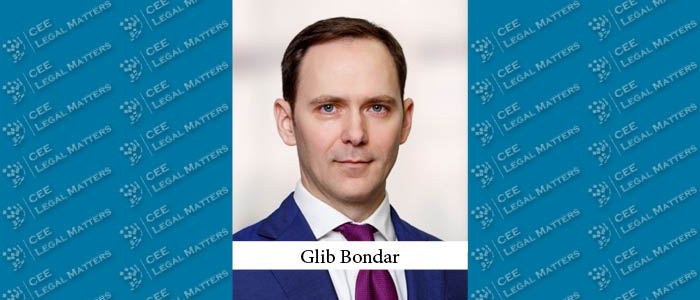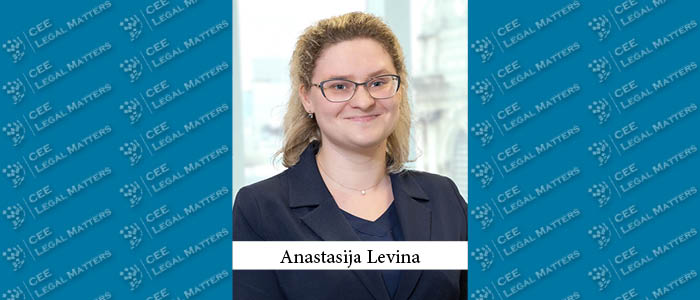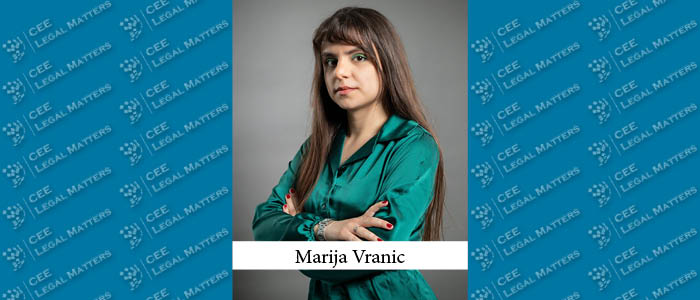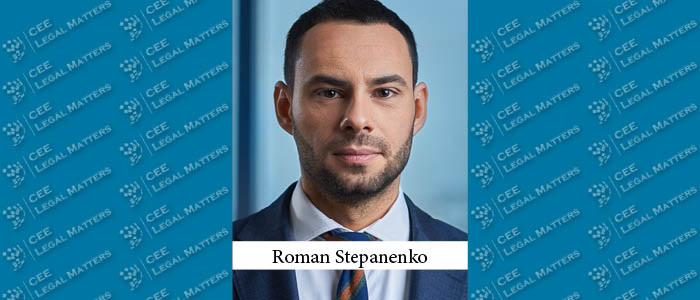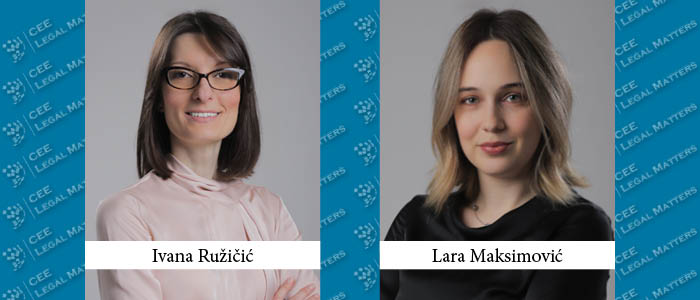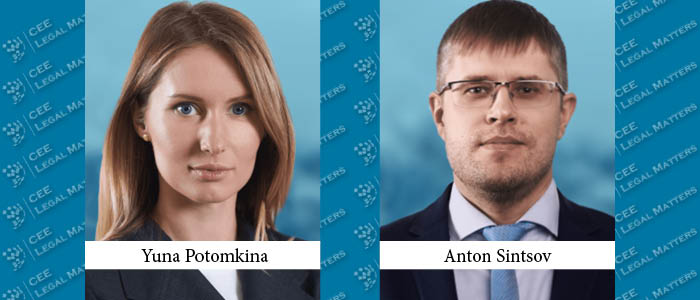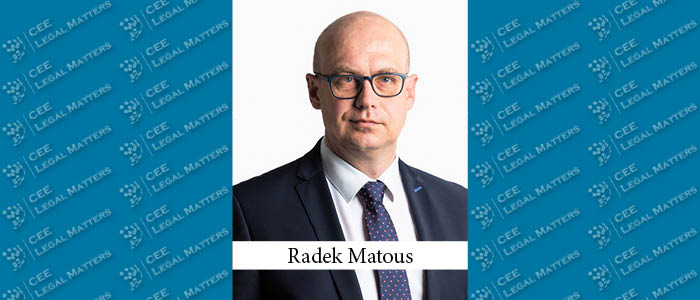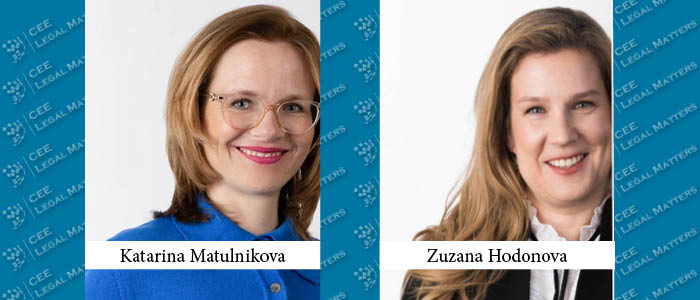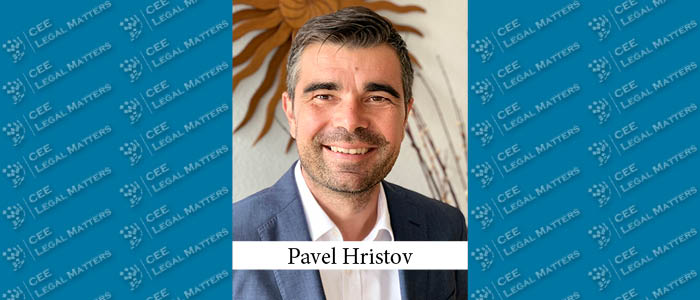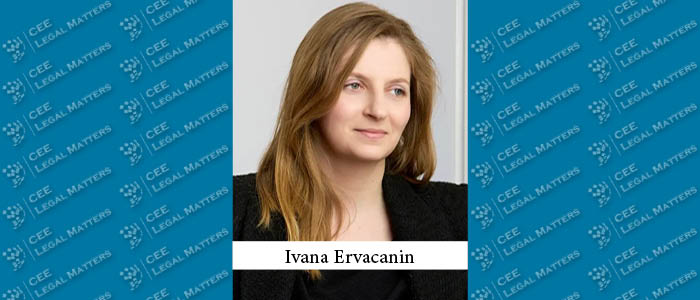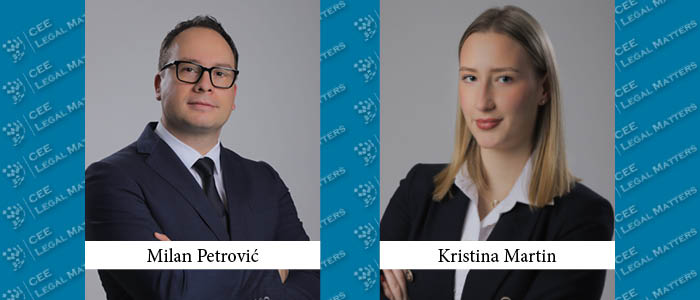On 4 May 2024, new amendments to Regulation of the Board of the National Bank of Ukraine “On the Operation of the Banking System during the Period of Martial Law” No. 18, dated 24 February 2022, came into effect. Such amendments aim to further ease relevant currency control restrictions, including (i) lifting all currency restrictions on imports of works and services, (ii) permitting businesses to repatriate “new” dividends, (iii) easing restrictions on repayment of “new” foreign loans, (iv) allowing payment of interest on “old” foreign loans, and (v) allowing to transfer funds abroad under leasing/rental agreements.
Selected Aspects of the Planned Amendment to the Rules of Administrative Procedure
The amendment to the Code of Administrative Justice, slated to take effect on 1 January 2025, will bring many changes.
Shareholders’ Right to Derivative Action Under the Companies Act of the Republic of Serbia
The Companies Act of the Republic of Serbia (“Off. Herald of RS”, Nos. 36/2011, 99/2011, 83/2014 - other law, 5/2015, 44/2018, 95/2018, 91/2019 and 109/2021; hereinafter: “the Law”) prescribes a circle of persons who have certain special duties towards the company:
Key Economic Sectors for PPP Projects in Ukraine
The post-war reconstruction of Ukraine is an immense challenge that necessitates mobilization of substantial resources. During a United Nations Security Council meeting in November of the previous year, the approximate cost of the country's reconstruction and rehabilitation was estimated at $400 billion. Acknowledging the impossibility of covering such expenses solely through state funds and international aid, Ukraine is placing emphasis on enhancing collaboration with the private sector. Among the various forms and mechanisms for securing resources required for rebuilding of the destroyed infrastructure, public-private partnership (PPP) stands out as one of the most widely debated.
Czech Legal News
We bring you a brief overview of important legislative news from the Czech Republic that should not escape your attention.
Competition Safeguarding in Serbia’s Market: A Designed Approach
The Commission for Protection of Competition (“CPC”) and the Republic Secretariat for Public Policy (RSPP), in cooperation with the Organization for Economic Cooperation and Development (OECD), enacted a while back a Control List for Assessing the Impact of Regulations on Competition (“Control List”), which establishes whether a specific proposal or draft regulation could lead to competition distortion in the market.
Changes to the Military Medical Examination in the Armed Forces of Ukraine
On 27 April 2024, the Ministry of Defence of Ukraine adopted Order No.262 (the ''Order'') which amended Order No.402 ''Regulations on Military Medical Expertise in the Armed Forces of Ukraine'' dated 14 August 2008.
Changes to Agency Employment in 2024
In 2024, the conditions for obtaining an employment agency permit will be further tightened.
Employment Brief: Clarification of guidelines on Whistleblowing Officers in Slovakia
The requirements for the Whistleblowing Officer’s (WO) role are covered by various guidelines that have been published by the Slovak Office for Protection of Whistleblowers over the past several months. The multitude of information sources now requires clarification, as the role of the WO leading internal investigations of reports is becoming increasingly prominent.
Reverse Due Diligence of Deal Partners
Historically and statistically, most joint ventures and business combinations have short and difficult lives. Lawyers can assist with preparation and negotiation of best of class, workable and practical corporate and legal structures and agreements. But only the parties, the would-be partners, can make the combined business work and succeed.
Key Takeaways From Year One of the Slovak FDI regime
The first comprehensive Slovak foreign direct investment (FDI) screening regime entered into force on 1 March 2023. Now that the first year of this new FDI regime is behind us, below we summarise the key takeaways based on our practical experience with this law.
Artificial Intelligence vs. Intellectual Property Protection
In December 2023, The New York Times (“NYT”) filed a lawsuit against Microsoft and OpenAI for alleged copyright infringement and misuse of intellectual property, all related to the popular AI chatbot ChatGPT.
The European Case of Water – Quo Vadis Water Resilience?
“Water resilience” is joining AI, competitiveness and sovereignty, as a new buzzword in Brussels’ policy-making conversations. But while the latter three concepts are rather intangible, water resilience is a more concrete concept, and is also a life-threatening problem.
Reimbursement of or Contribution to Defence costs in Criminal Proceedings: New Draft Bill Is a Missed Opportunity
It has been a long time coming and is among the most requested changes in criminal procedure law. Finally, on 24 April 2024, the Austrian government presented a draft bill aimed at increasing the contribution to legal costs for suspects acquitted in criminal proceedings. While it is a giant step forward, serious doubts remain about whether it goes far enough.
How Are Political Parties (Ab)Using Intellectual Property?
In the realm of modern politics, where every move is meticulously calculated and every tactic scrutinized, the strategic employment of intellectual property (IP) has emerged as a potent tool for political parties. From catchy slogans to iconic logos, intellectual property has become integral to shaping public perception and garnering support during election seasons. However, the fine line between legitimate use and exploitation of IP often blurs, raising ethical and legal questions about the (ab)use of intellectual property by political entities.
Novelties in the Law on Fees for the Use of Public Goods
On January 1, 2024, the amendments to the Law on Fees for the Use of Public Goods, published in the Official Gazette of RS No. 92/2023 (“the Law”), came into effect.
TOP 10 Corporate Law Cases 2023
This Top 10 Corporate Law Judgments 2023 summary provides a clear and concise overview of key Supreme Court decisions in corporate law for 2023.
New Provisions on Immediate Transfer from 1 April 2024
As of 1 April 2024, the decree of the Hungarian National Bank on the processing of payment transactions has been amended, which particularly affects the process of immediate transfers.

